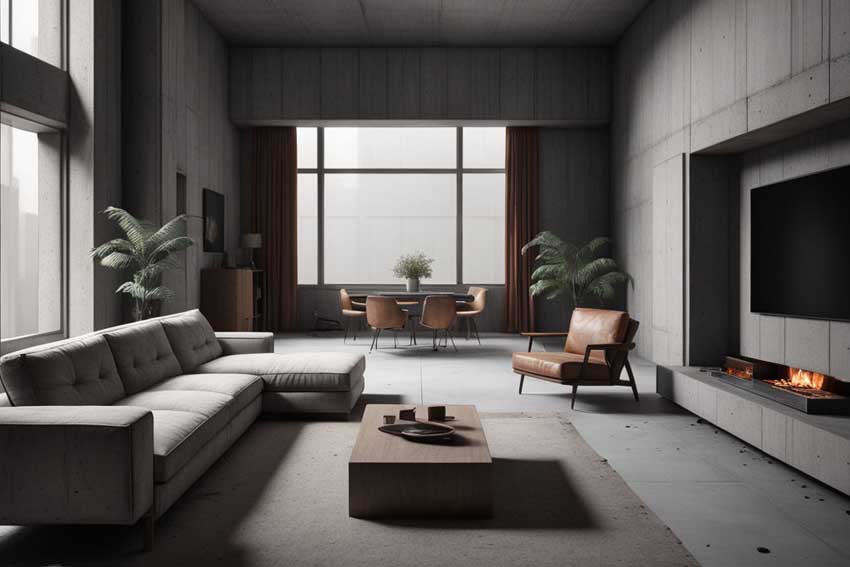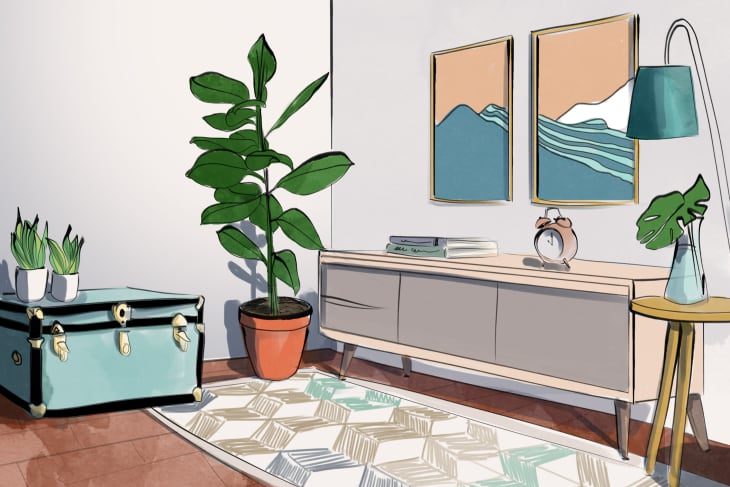Recognizing Minimalism: Strategies for Minimizing Mess and Enhancing Clarity in Everyday Living
Minimalism is significantly acknowledged as a viable method to enhancing quality and focus in today's messy globe. By systematically examining our ownerships and focusing on intentionality, we can develop spaces that not just mirror our values but also advertise mental health.
Defining Minimalism and Its Benefits
Specifying minimalism involves recognizing it as a way of living option that stresses simpleness and intentionality in both day-to-day regimens and physical belongings. At its core, minimalism urges individuals to prioritize what absolutely matters, enabling for a much more significant and concentrated presence. By removing away the non-essential, minimalism invites people to engage deeply with their environments and experiences.
It fosters mental quality, as reducing clutter in one's setting can lead to lowered interruptions and tension. Minimalism promotes economic freedom; by focusing on needs over wants, individuals can make more enlightened purchasing choices, leading to prospective financial savings and decreased financial obligation.
Ultimately, minimalism is not just concerning worldly reduction yet includes an all natural change in viewpoint, fostering a life identified by equilibrium, objective, and fulfillment. Accepting this lifestyle can result in extensive adjustments in how people interact and perceive with the globe around them.
Analyzing Your Current Mess
Clutter frequently shows up as a frustrating build-up of products that no longer serve a purpose, producing an obstacle to achieving a minimal way of living. Take note of specific groups of products, such as clothing, publications, or kitchenware, as this will certainly assist you understand the extent of the clutter.

Additionally, think about the frequency of usage for each thing. It may be a candidate for elimination if something has not served an objective in the previous year. This evaluation will certainly not only clarify your connection with your properties but will certainly additionally establish the foundation for efficient decluttering in the future. Inevitably, recognizing your current mess is an important action toward welcoming minimalism and improving quality in your daily living.

Practical Decluttering Strategies
Having evaluated your current mess, the next action is to implement functional decluttering strategies that assist in an even more organized living area. Minimalism. One efficient technique is the "Four-Box" strategy, where you assign 4 boxes labeled: keep, donate, garbage, and relocate. This approach motivates fast decision-making and guarantees items are categorized appropriately
One more approach is the "One in, One out" guideline, which specifies that for each new item obtained, an existing product should be removed. This concept aids preserve balance and protects against accumulation in time. Furthermore, take into consideration the "30-Day Minimalism Game," where you remove one item on the initial day, two on the 2nd, etc, cumulatively fostering a sense of accomplishment.
Limitation on your own to a details number of cherished items, permitting you to appreciate their relevance without frustrating your area. By utilizing these strategies, you can develop a much more calm and efficient living room, ultimately boosting quality in your daily life.
Developing Intentional Spaces
Producing intentional areas involves a thoughtful method to exactly how we design and arrange our environments, ensuring each area serves a specific purpose and shows our worths. This technique is essential in growing a feeling of clearness and function in our daily lives. By critically assessing the feature of each space, we can eliminate interruptions and improve our general health.
To produce deliberate spaces, start by recognizing the primary tasks that will occur in each area. As an example, an office need to be created to cultivate efficiency, incorporating elements such as adequate lighting, comfy furnishings, and marginal interruptions. In contrast, a relaxation location need to promote peace, featuring calming colors and comfortable seating.
Additionally, take into consideration the emotional effect important site of your surroundings (Minimalism). Incorporating individual products that resonate with your worths, such as artwork or plants, can improve the connection to your this contact form area. Consistently assess these settings to ensure they proceed to serve their desired objective as your requirements advance
Inevitably, creating intentional spaces has to do with making aware choices that line up with your lifestyle, advertising harmony and performance in your living and workplace.
Maintaining a Minimalist Way Of Thinking
Embracing a minimalist state of mind requires continuous reflection and intentionality in our activities and ideas. Establish apart time to review your commitments, possessions, and also electronic material, guaranteeing they align with your core principles.
An additional secret method is to practice thankfulness. Recognizing what you already possess fosters satisfaction and lowers the need for excess. This shift in viewpoint encourages appreciation for simplicity, improving general well-being. Incorporating mindfulness techniques, such as reflection or journaling, can further enhance a minimal attitude by promoting clearness and decreasing psychological mess.
Additionally, develop limits to secure your time and energy. Discover to claim no to non-essential obligations and distractions that i thought about this do not add to your individual growth. Border on your own with like-minded people who sustain your minimal trip, as shared values can improve motivation and liability.
Conclusion
To conclude, accepting minimalism offers substantial benefits, including lowered mess and improved clarity in everyday life (Minimalism). By methodically assessing possessions and carrying out useful decluttering techniques, individuals can create deliberate areas that promote mindfulness and gratefulness. Keeping a minimal mindset requires ongoing examination and commitment to simplicity, eventually causing a more concentrated and fulfilling way of life. The principles of minimalism work as valuable devices for growing an environment that sustains individual growth and well-being.

Furthermore, consider the "30-Day Minimalism Video Game," where you eliminate one product on the very first day, 2 on the second, and so forth, cumulatively cultivating a feeling of success.
In verdict, welcoming minimalism provides considerable benefits, consisting of minimized clutter and improved clarity in everyday life.